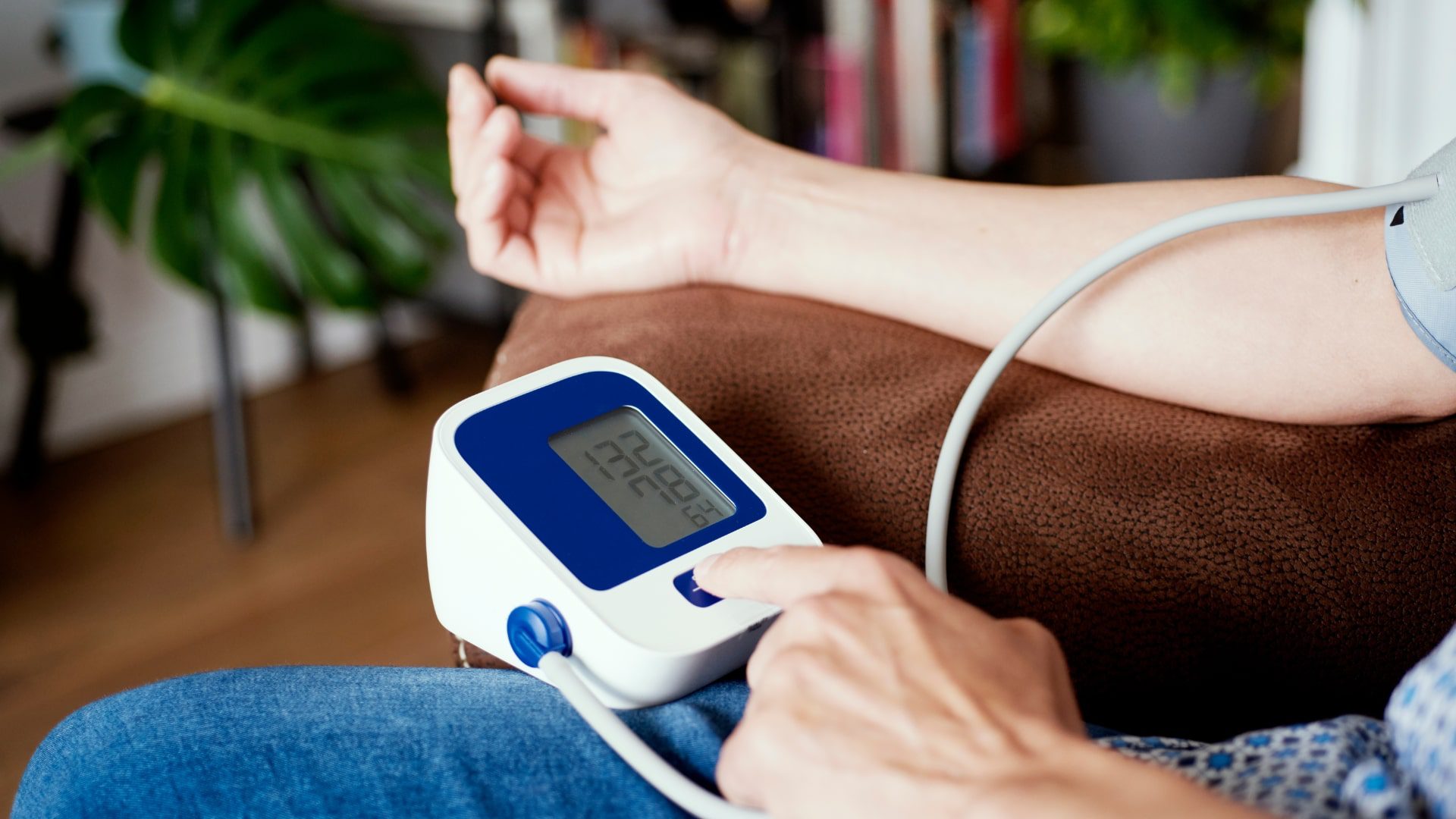
High blood pressure, or hypertension, is one of the most common health conditions worldwide — often called the “silent killer.” It can damage your heart, kidneys, and brain if not managed properly.
The good news? You can lower blood pressure naturally through lifestyle changes, diet, and daily habits — without relying solely on medication.
In this article, we’ll explore science-backed and practical ways to lower blood pressure safely and effectively.
Table of Contents
What Is High Blood Pressure?
Blood pressure is the force of your blood pushing against artery walls. When this pressure stays high over time, it puts extra strain on your heart and blood vessels.
-
Normal blood pressure: Less than 120/80 mm Hg
-
Elevated: 120–129 systolic and less than 80 diastolic
-
Hypertension (Stage 1): 130–139 / 80–89 mm Hg
-
Hypertension (Stage 2): 140+/90+ mm Hg
Eat a Heart-Healthy Diet
Diet plays the biggest role in controlling blood pressure. Follow the DASH (Dietary Approaches to Stop Hypertension) diet — rich in fruits, vegetables, and whole grains.
Include:
-
Leafy greens (spinach, kale)
-
Bananas, avocados, and oranges
-
Whole grains (oats, brown rice)
-
Low-fat dairy (yogurt, milk)
-
Omega-3 rich fish (salmon, tuna)
-
Seeds and nuts (flaxseeds, almonds)
Avoid:
-
Processed and fried foods
-
Excess salt (limit to < 1500 mg/day)
-
Sugary drinks and alcohol
-
Red and processed meats
Reduce Sodium Intake
Too much salt makes your body retain water, which increases blood pressure.
-
Avoid adding extra salt to meals.
-
Replace salt with herbs and spices like basil, turmeric, or garlic.
Exercise Regularly
Physical activity strengthens your heart and helps pump blood more efficiently.
-
Aim for 30 minutes of moderate exercise (like walking, cycling, swimming) most days.
-
Even small activities — using stairs or walking after meals — make a difference.
Consistency is key — long-term exercise can lower systolic BP by up to 8 mm Hg.
Manage Stress
Chronic stress increases hormones that tighten blood vessels, raising your BP.
Try:
-
Deep breathing or meditation
-
Yoga or stretching
-
Spending time in nature
-
Adequate sleep (7–8 hours)
Avoid turning to alcohol or smoking to manage stress — they only make BP worse.
Quit Smoking and Limit Alcohol
Nicotine and alcohol temporarily raise blood pressure and damage artery walls.
-
If you smoke, seek help through therapy or nicotine replacement.
-
Limit alcohol to 1 drink per day (women) and 2 drinks per day (men).
Maintain a Healthy Weight
Even losing a few kilos can make a big difference.
-
Every 1 kg of weight loss can lower BP by 1 mm Hg.
-
Focus on a balanced diet and regular exercise.
Increase Potassium Intake
Potassium helps balance sodium levels in your body.
Best sources:
-
Bananas, potatoes, spinach, beans, and oranges.
Aim for 3500–4700 mg of potassium daily, unless advised otherwise by your doctor.
Monitor Your Blood Pressure at Home
Home monitoring helps you track progress and detect changes early.
-
Use a digital BP monitor regularly.
-
Keep a record to share with your doctor.
Get Enough Sleep
Poor sleep increases stress hormones that raise blood pressure.
Tips for better sleep:
-
Maintain a fixed bedtime.
-
Avoid caffeine or screens before sleep.
-
Keep your room dark and quiet.
Try Natural Supplements (With Doctor’s Advice)
Certain natural supplements may support blood pressure control:
-
Magnesium – helps relax blood vessels.
-
CoQ10 – supports heart health.
-
Garlic extract – proven to slightly lower BP.
Always consult your healthcare provider before starting any supplements.
Lowering blood pressure is not about strict diets or medications alone — it’s about consistent, mindful living.
By improving your diet, staying active, reducing stress, and maintaining a healthy lifestyle, you can protect your heart and enjoy long-term wellness.


